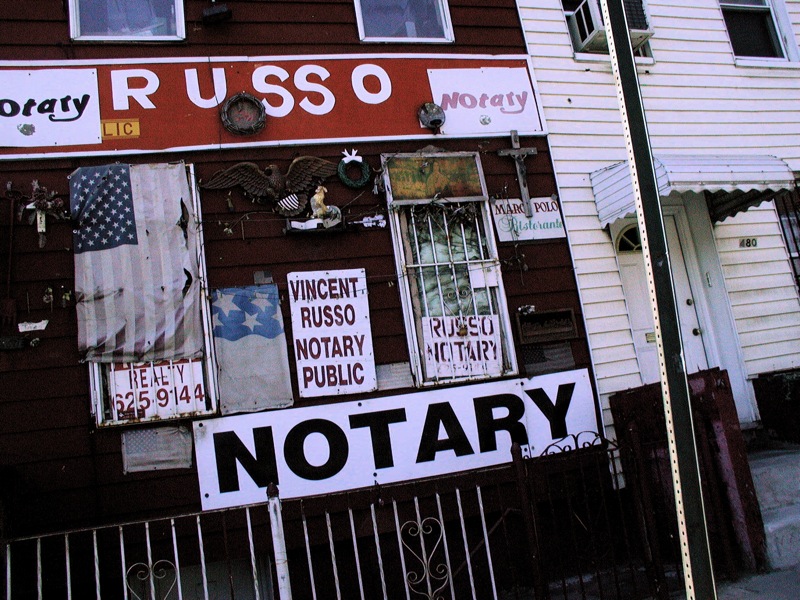 I have been a notary for almost two years now. I have to admit, when my employer asked me to apply to become a notary, I was intimidated. What does that mean? What do I need to do? Am I going to have to learn about all kinds of documents? Thankfully, the process to becoming a notary is fairly simple. To find out more, check out https://www.nationalnotary.org/knowledge-center/about-notaries/how-to-become-a-notary-public. It took a little research, and a few visits to the Indiana Secretary of State Office, but once I understood my role as a notary public, I felt much more comfortable with my new responsibility.
I have been a notary for almost two years now. I have to admit, when my employer asked me to apply to become a notary, I was intimidated. What does that mean? What do I need to do? Am I going to have to learn about all kinds of documents? Thankfully, the process to becoming a notary is fairly simple. To find out more, check out https://www.nationalnotary.org/knowledge-center/about-notaries/how-to-become-a-notary-public. It took a little research, and a few visits to the Indiana Secretary of State Office, but once I understood my role as a notary public, I felt much more comfortable with my new responsibility.
When a document is notarized, that means that it’s been signed in front of a notary, who has also signed the document and placed their seal or stamp on it. This indicates that the notary personally witnessed the signature to the document.
The Notary Public must include the following on documents to be properly notarized:
- Signature exactly as listed on his/her notary commission paper
- Printed or typed name under the signature (*many times this is included on the notary stamp)
- Expiration date of notary commission (*this is also usually included on the notary stamp)
- County of residence (*also usually included on the notary stamp)
- Date notary is signing the document, next to signature, to prove notary was active on date signed (*this is the piece that notaries sometimes forget. The notary must indicate the date on which they witnessed the signature)
- Notary Public Seal (*some notaries have a stamp instead)
- Notary must witness the signing of an original signature in person, and cannot witness their own.
Most likely, anyone that is going through the adoption process will need to have one or more documents notarized. Some common documents that require notarization for an adoption dossier are:
- Power of Attorney form
- Employment Verification
- Medical Letters
- Reference Letters
- Bank Statements
- Psychological Evaluations
The amount of paperwork that is required during the adoption process can be overwhelming at times. You may question the extra step of notarizing documents because it seems like one more hurdle to overcome in the paperwork process. Below are a few reasons that documents must be notarized in the international adoption process:
- So the foreign government and court is assured that the adoptive parent signed the form.
- The adoption process is a legal process, and in legal matters, a notarized signature confirms for the court that the person whose signature appears on the document is, in fact, the person who signed the official paper.
- A notary public is a third-party witness to not only the signature of a document, but also the fact that all parties who signed did so willingly and under their own power, without influence.
- Notarization brings legal protection of authenticity of the signatures.
The responsibility of the notary is to witness the document being signed and notarizing the signature, not the document itself. You cannot simply put your notary stamp on a document and consider that document notarized. The notary needs to verify the identity of the person signing the document by checking their ID and then witnessing the original signature.
Many banks have notaries available at no charge. If you need to locate a notary, you may also visit http://www.123notary.com/.
Photo Credit: hi-lo
